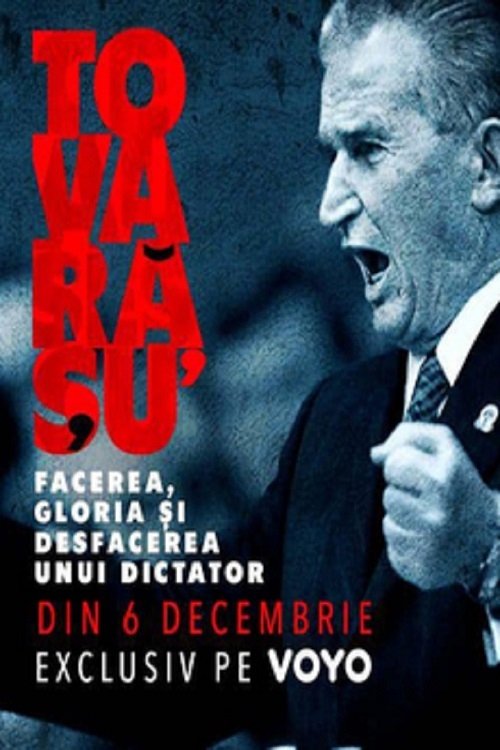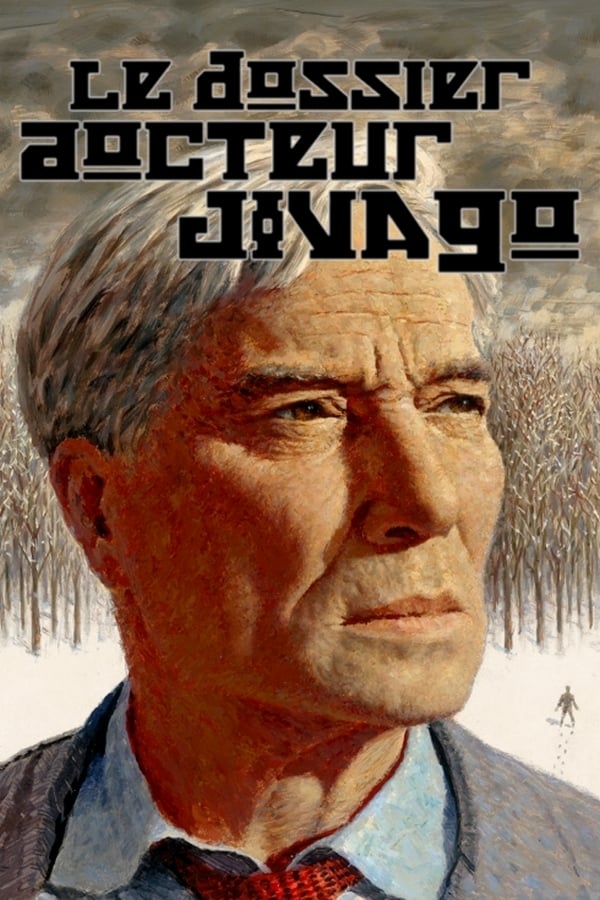

Nikita Sergeyevich Khrushchev (15 April [O.S. 3 April] 1894 – 11 September 1971) led the Soviet Union as the First Secretary of the Communist Party of the Soviet Union from 1953 to 1964 and as chairman of the country's Council of Ministers from 1958 to 1964. During his rule, Khrushchev stunned the communist world with his denunciation of Stalin's crimes and began de-Stalinization. He sponsored the early Soviet space program, and enactment of relatively liberal reforms in domestic policy. After some false starts, and a narrowly avoided nuclear war over Cuba, he conducted successful negotiations with the United States to reduce Cold War tensions. His proclivity toward recklessness led the Kremlin leadership to strip him of power, replacing him with Leonid Brezhnev as First Secretary and Alexei Kosygin as Premier. Description above from the Wikipedia article Nikita Khrushchev, licensed under CC-BY-SA, full list of contributors on Wikipedia.

Jazz and decolonization are intertwined in a powerful narrative that...

In-depth documentary mini-series presenting the rise, rule and fall of...


How in 1959, during the heat of the Cold War,...

As Russian writer Boris Pasternak (1890-1960) thinks it is impossible...